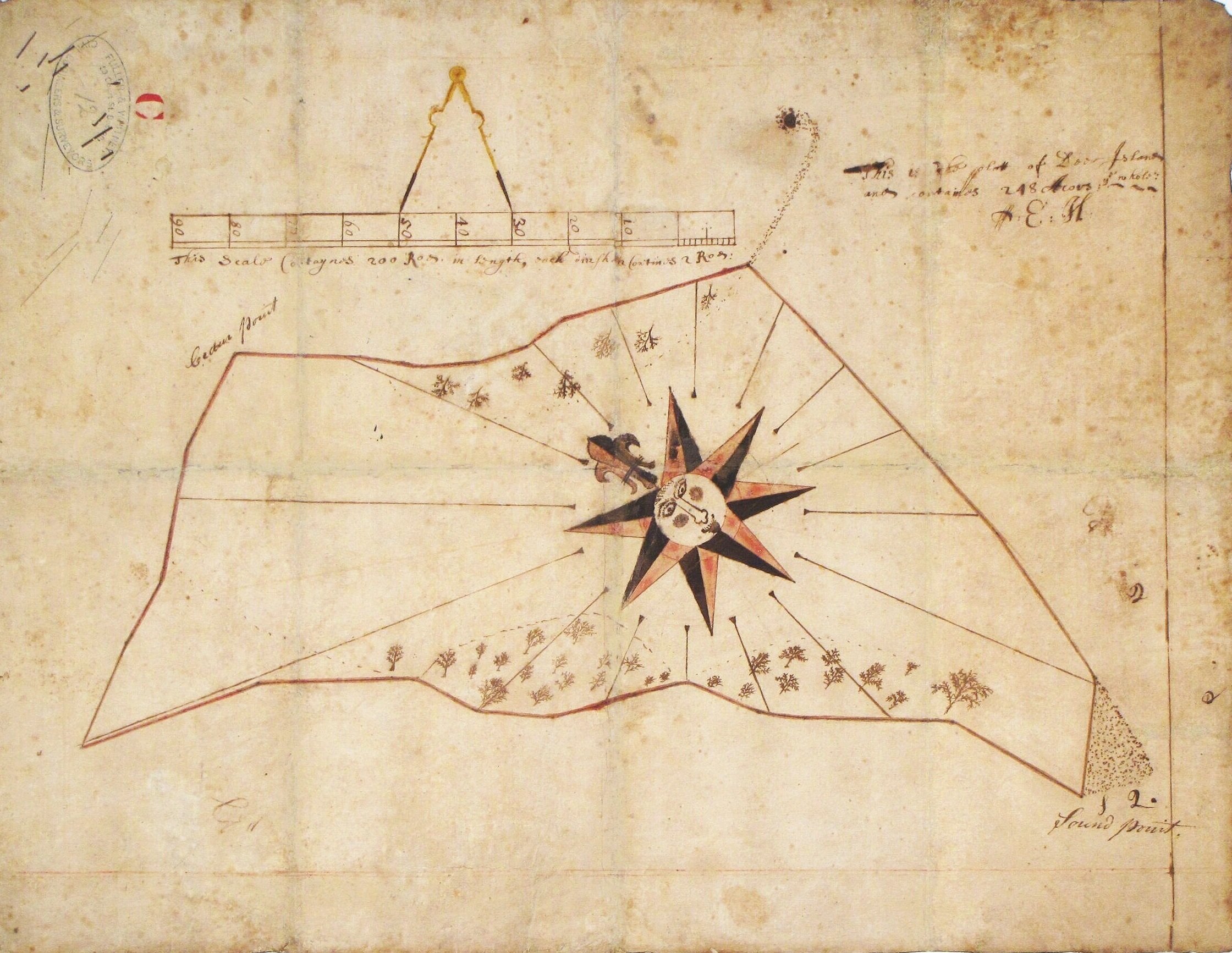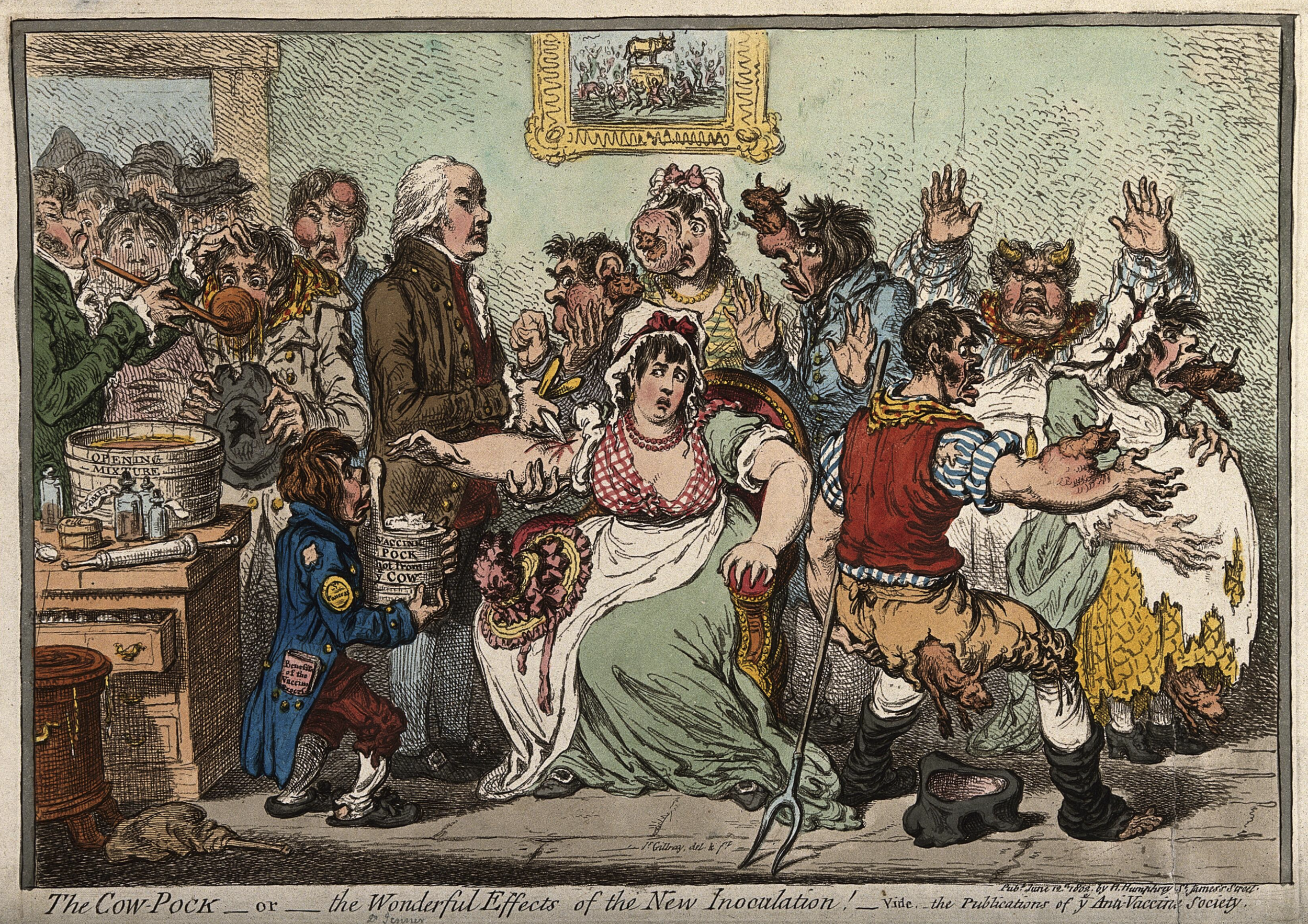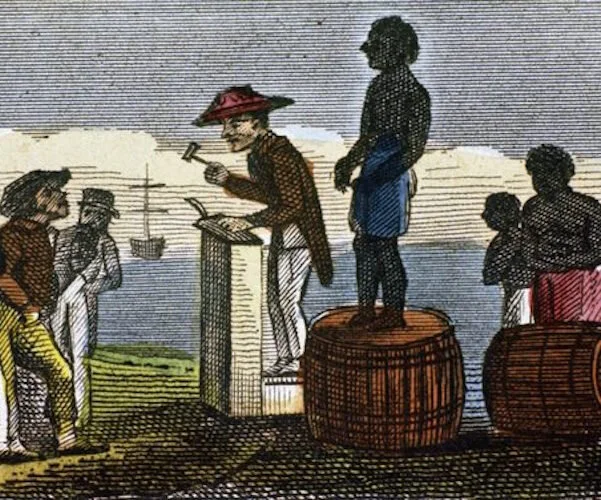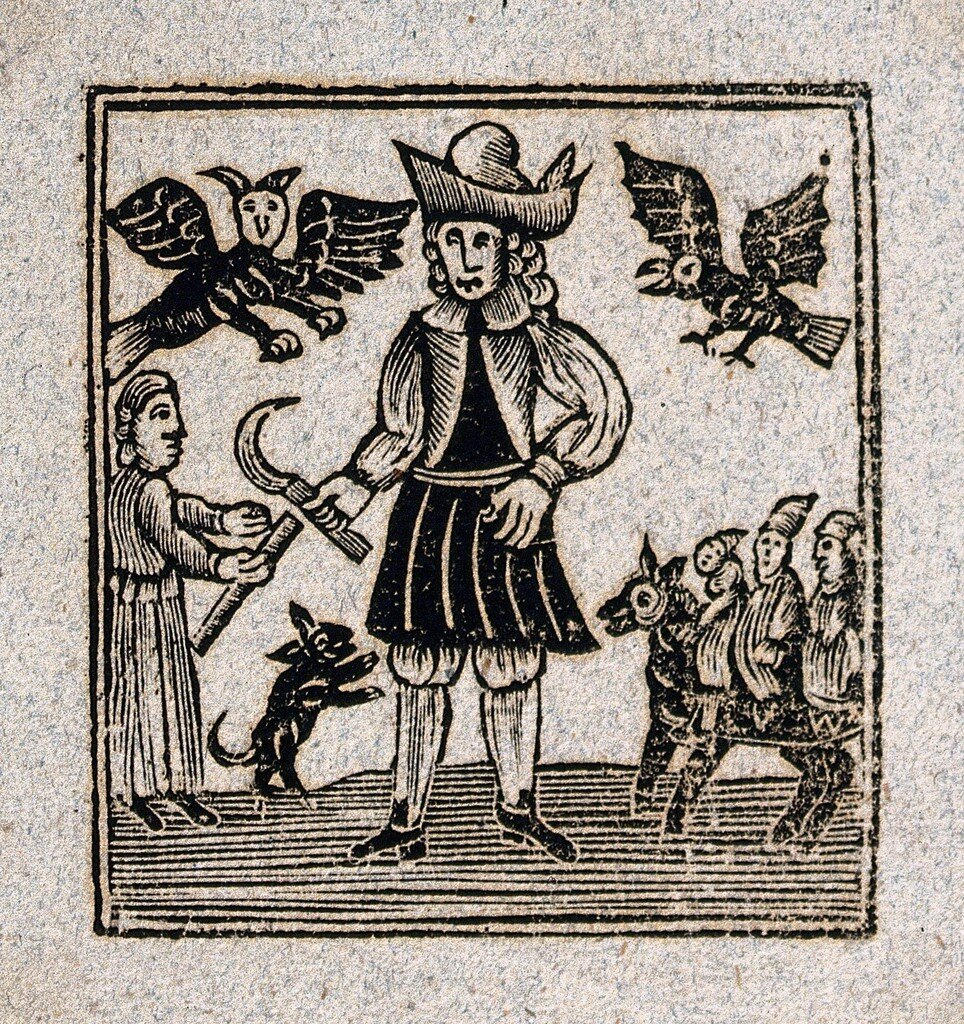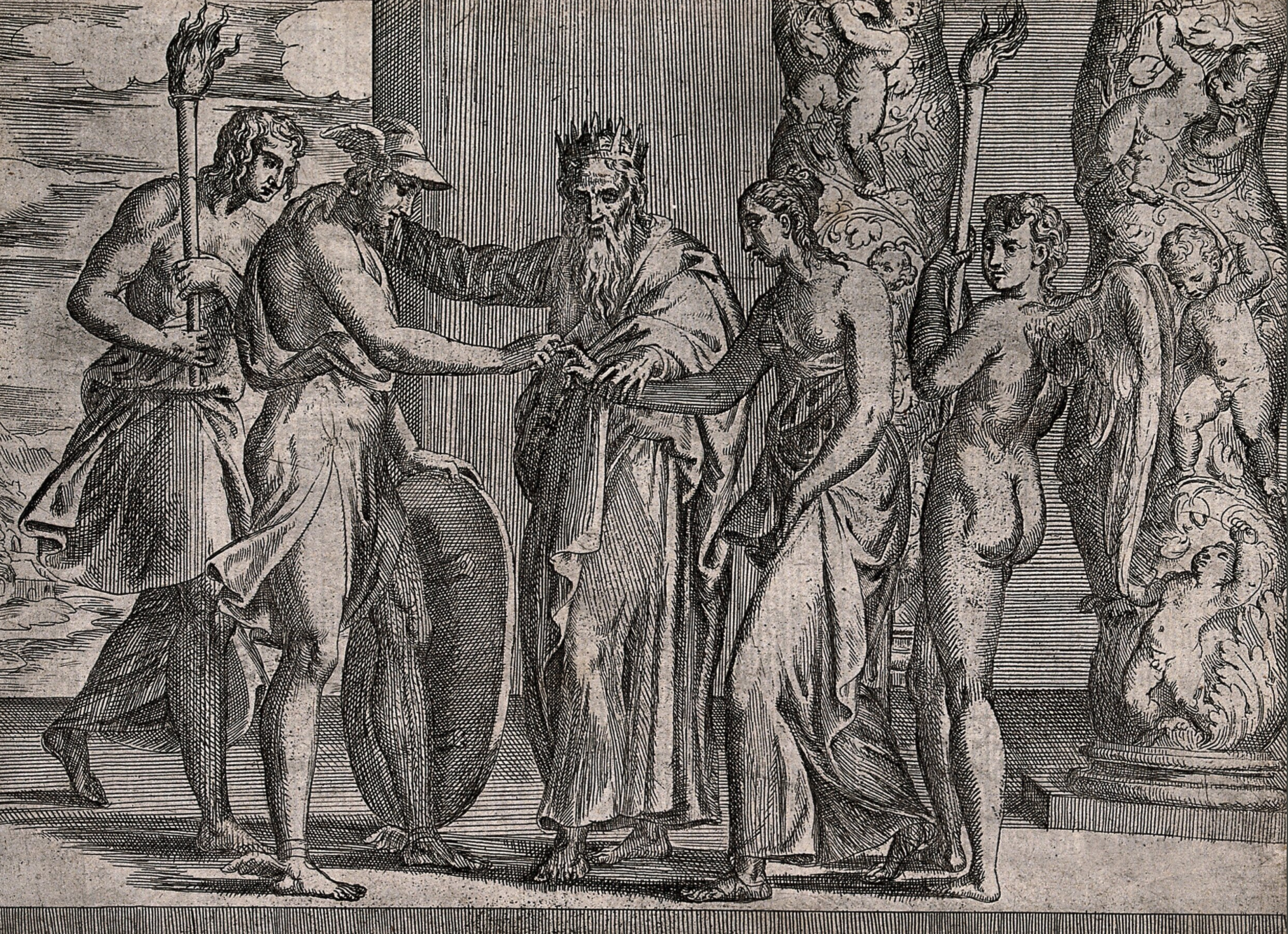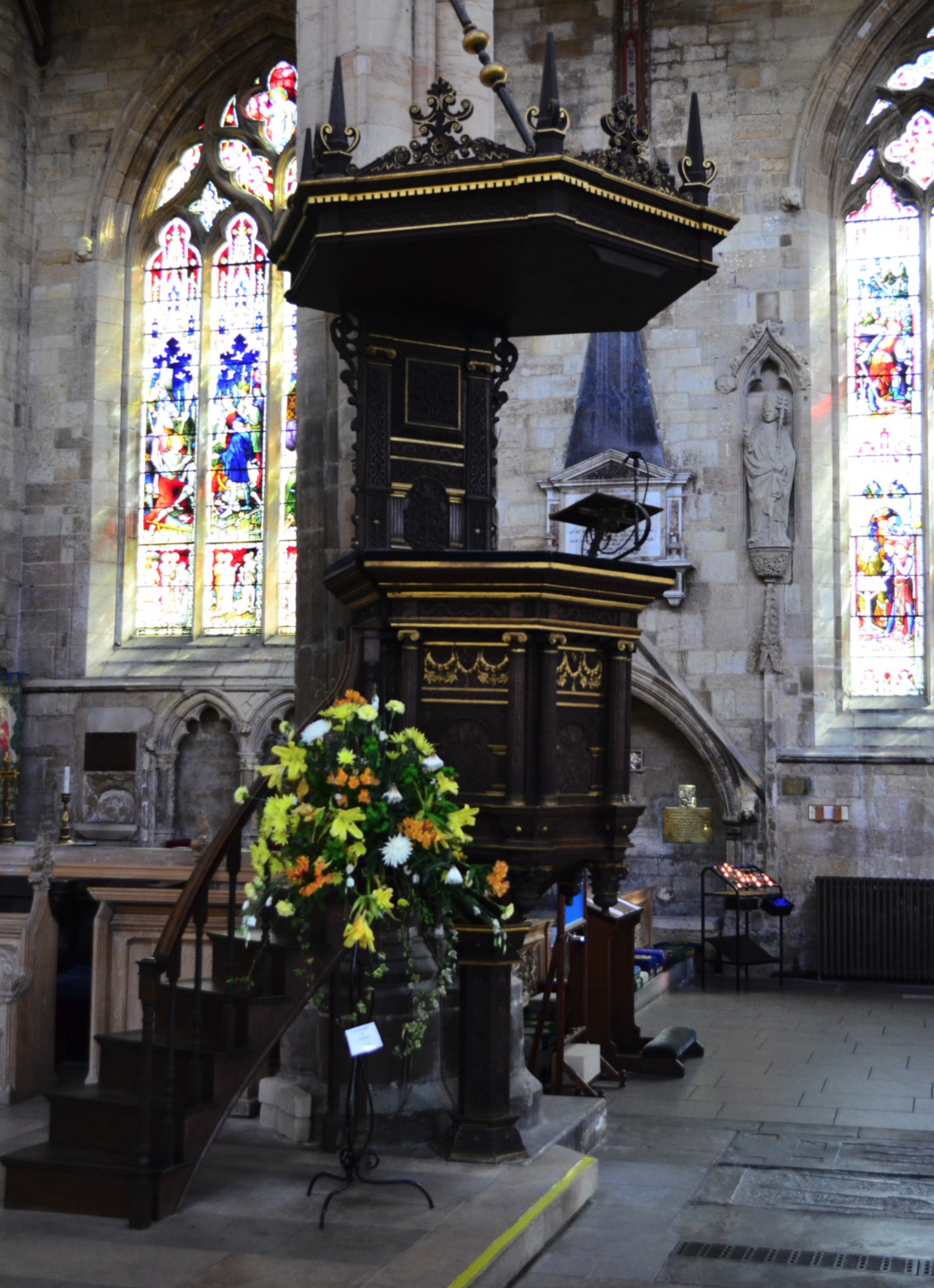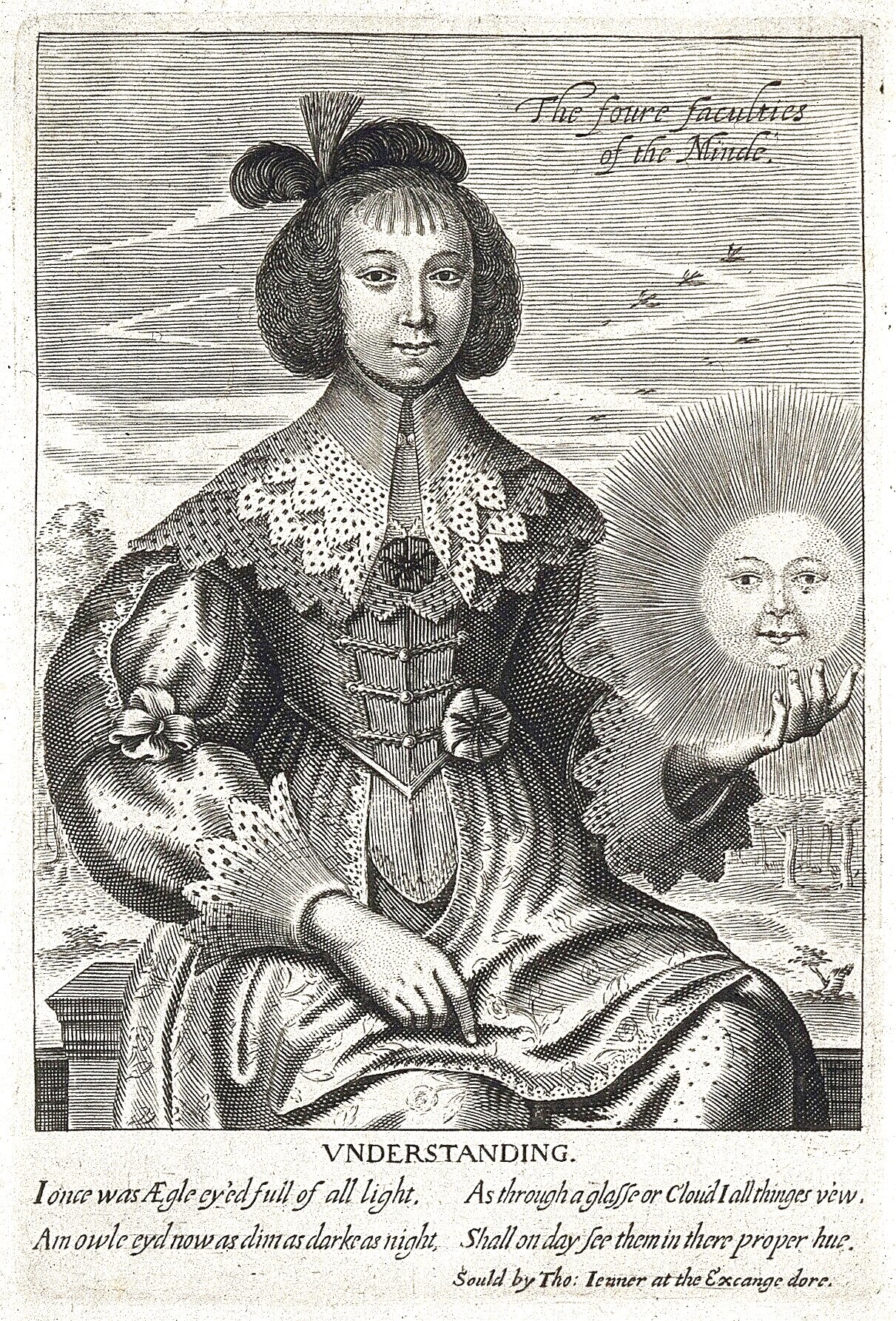
Blog
Above her Sex: women as subjects for men to preach about
We think of 17th century women as being powerless compared to women today. And it’s true: they could not be judges or ministers. They could not vote or sign a legal document. In the private sphere, in matters of childbirth and control of their bodies, they were powerful. But even here, the most private aspects of women’s lives were subject to debate by men. Award-winning author Eve LaPlante tells us why.
Change is good…for historians
What do we do when the history we’ve learned turns out to be wrong? When the heroes are no longer heroic, when victory is conquest, and the story turns upside down? Lori Rogers-Stokes gives her take on why change is good - especially for historians. “When I read more, I lost a lot - my comfort zone. But this loss paved the way for a tremendous gain.”
Turkey and pertatoes - The origins of 17th century Massachusetts foods
Kazakhstan, China, Mesoamerica, England, the eastern woodlands themselves - food in early New England came from around the globe, the ingredients mingling in a combination of Native and European cookery. Steve Kenney, director of the Commonwealth Museum, reports on the changing landscape, the arrival of livestock, and a new menu.
three women of hassanemesit
Colonial records notoriously tell a one-sided, often derogatory, story of Native people. Congregational church records, by contrast, recorded Native people’s spiritual lives as they did for any other congregant. Here, Lori Rogers-Stokes tells the story of three Nipmuc women in what today we call Grafton and the decisions they made about marriage, baptism, and church belonging for themselves and their families.
From paradise to prison
For Native people, the land that became Boston and its harbor islands were a paradise for fishing and cultivation. Just decades later, Deer Island was a war-time prison, where 500 Native people died of cold, starvation, and disease. Lance Young, chief sachem of the Nemasket, tells a history we cannot forget.
ANTI-VAXXERs and the smallpox debate of 1721
Should we wear masks? Are vaccines safe? The public-health questions prompted by Covid-19 are more pressing than ever in our lifetime. But they’re not new. In 1721, debate erupted in Boston as smallpox broke out: to inoculate or not. A single physician said yes. Find out how the 17th century version of anti-vaxxers changed their tune and inoculations saved lives.
Of One Blood? Cotton Mather’s Christian Slavery
All people are of one blood, wrote New England’s most influential minister, Cotton Mather - but only in heaven. On earth, enslaved people are in their rightful place. Read Eduardo Gonzalez’s penetrating and eloquent discussion of Cotton Mather’s theology of a “Christian slavery.”
THE PURITANS: 5 MYTHS
Did they come for freedom? Did they hate sex? Was H.L. Mencken correct: that Puritanism is the haunting fear that someone, somewhere, may be happy? Lori Rogers-Stokes explodes the myths.
The quest for a godly kingdom
The story of the two Bostons starts with the Reformation. Award-winning historian Francis J. Bremer illuminates the profound faith of English Puritan communities, their desire for a godly kingdom, and the journey they took to achieve one.
“Love was their banqueting house, love was their wine”
It might be hard to believe, but the Puritans welcomed sex. Independent scholar Lori Stokes gives her provocative take on the private life of Puritans.
A Puritan heartland
A medieval powerhouse, a Puritan stronghold: how did Boston, Lincolnshire, became the namesake of a town more than 3,000 miles away? Author and historian Neil Wright explores the people, faith, and ethos linking the two Bostons.
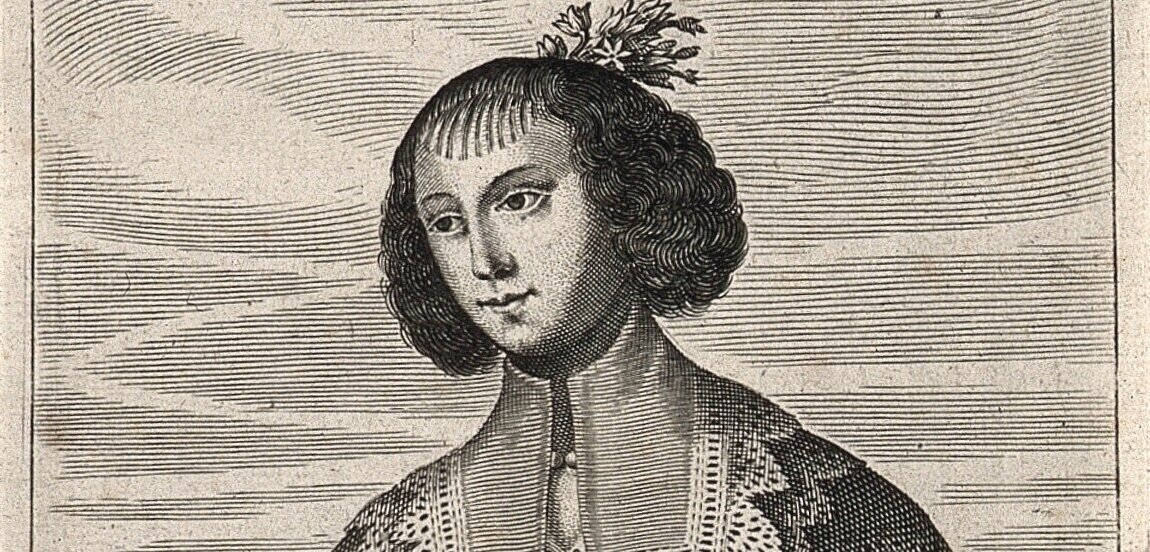
“Dear Father, I am far distant from you…”
- letter from Mary Downing in Boston to her father in England, November 27, 1635





